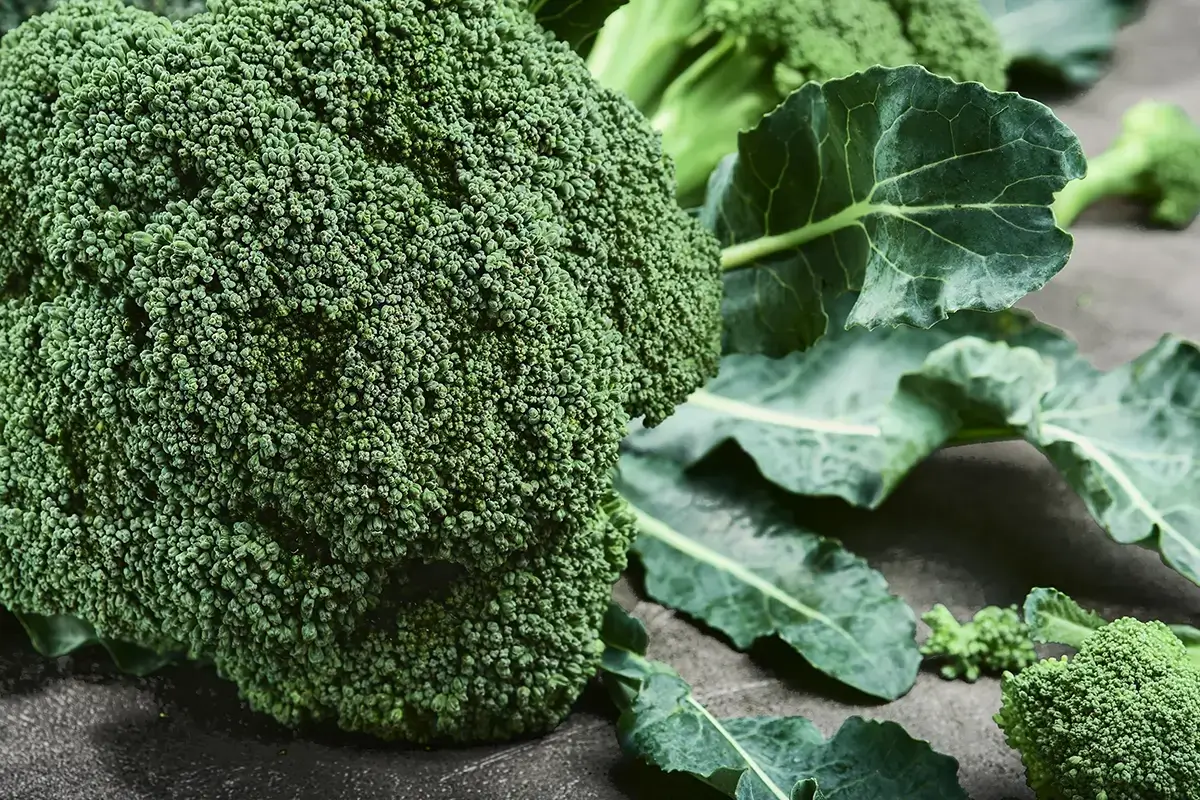Dark Greens: 3 Must-Try Tips to Incorporate into Your Diet
Dark greens are true nutritional treasures and play a crucial role in maintaining optimal health. These leafy greens are rich in vitamins, minerals, and antioxidants, offering a wide range of benefits for the body. The World Health Organization (WHO) and the Ministry of Health highlight the importance of dark greens as part of a balanced diet, especially due to their ability to improve cardiovascular health, support immune function, and promote digestive health.
In addition to being low in calories, dark greens are nutrient-dense, making them an ideal food for those seeking a diet rich in vitamins and minerals. Recent studies reinforce the importance of these vegetables in our diet, showing that a diet rich in dark greens can contribute to the prevention of chronic diseases and improve quality of life. This article explores three essential tips on how to incorporate dark greens into your diet and make the most of their health benefits.
Tip 1: Include Spinach in Your Meals
Spinach is one of the most versatile and nutritious dark greens. Rich in vitamins A, C, and K, as well as iron and folate, spinach offers several health benefits. According to the WHO, vitamin K is crucial for bone health and blood clotting, while iron is essential for red blood cell formation and anemia prevention. A study published in the American Journal of Clinical Nutrition in 2023 showed that spinach can help improve cardiovascular health and increase the body’s antioxidant capacity.
Spinach can be easily added to salads, smoothies, omelets, and soups. Its high antioxidant content also helps protect cells from oxidative damage, promoting healthier skin and a stronger immune system.
Tip 2: Try Kale
Kale is another dark green that should be a staple in a healthy diet. It is an excellent source of vitamins A, C, and K, as well as being rich in calcium and antioxidants. According to the Ministry of Health, kale has anti-inflammatory properties and may help reduce the risk of chronic diseases such as diabetes and cardiovascular diseases. A study published in the Journal of Nutrition in 2022 revealed that kale can improve heart health and help regulate cholesterol levels.
Incorporating kale into your diet is simple: you can use it in salads, stir-fries, green juices, and even baked kale chips. Additionally, kale is an excellent option for those looking for a nutrient-rich alternative to more common vegetables.
Tip 3: Don’t Forget Broccoli
Broccoli is a dark green rich in vitamins C and K, folate, and bioactive compounds like sulforaphane, which has shown anticancer properties. The WHO highlights that regular consumption of broccoli can help reduce cancer risk and improve digestive health. A study published in the Journal of Nutritional Biochemistry in 2023 showed that broccoli can support liver function and promote detoxification.
Broccoli is extremely versatile and can be consumed in various forms: steamed, roasted, or as part of salads and soups. Incorporating broccoli into your diet not only improves your intake of essential nutrients but also contributes to a balanced and healthy diet.
Conclusion
Dark greens are an incredibly nutritious food group that offers various health benefits. Incorporating spinach, kale, and broccoli into your diet is an effective way to ensure you are getting essential vitamins, minerals, and antioxidants. Following these three tips can help maximize the benefits of dark greens and contribute to a more balanced and healthy diet.
Sources Consulted
- World Health Organization (WHO). “Nutrition and Diet.”
- Ministry of Health. “Importance of Greens in Diet.”
- American Journal of Clinical Nutrition. “Spinach and Cardiovascular Health,” 2023.














